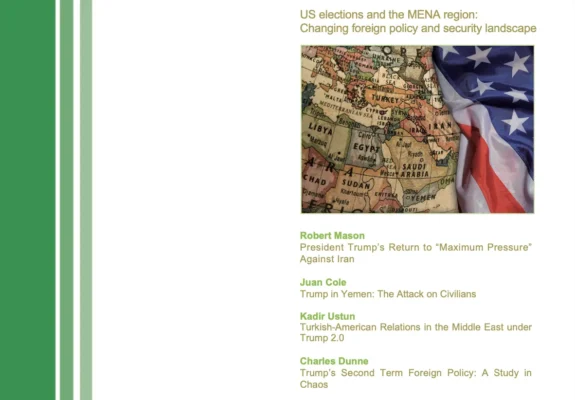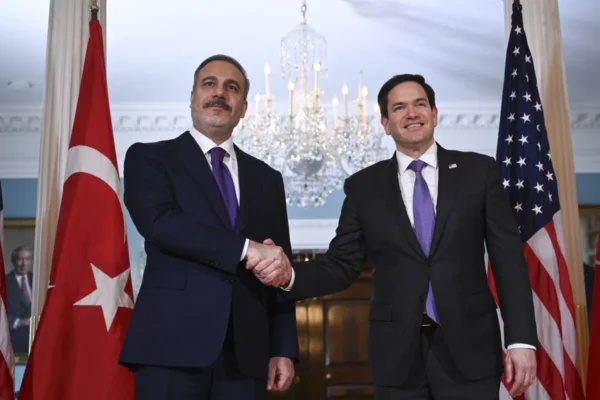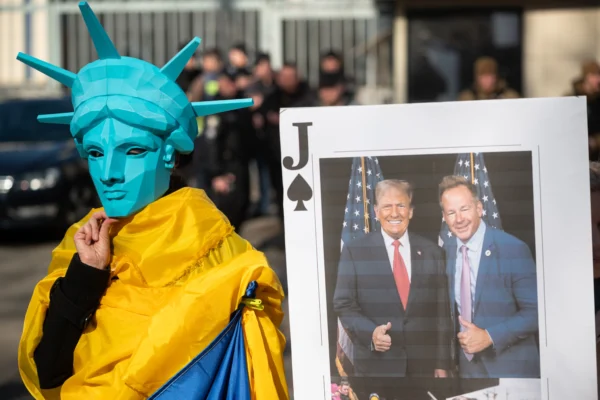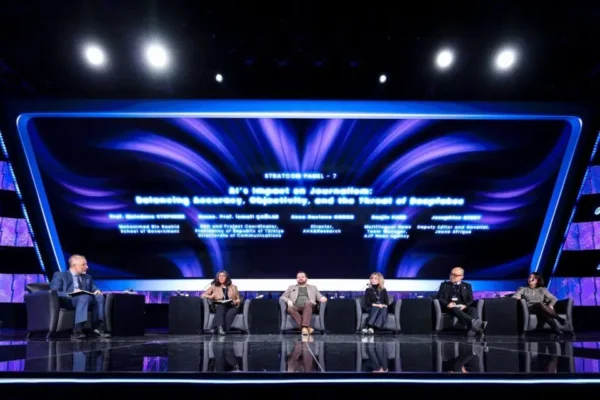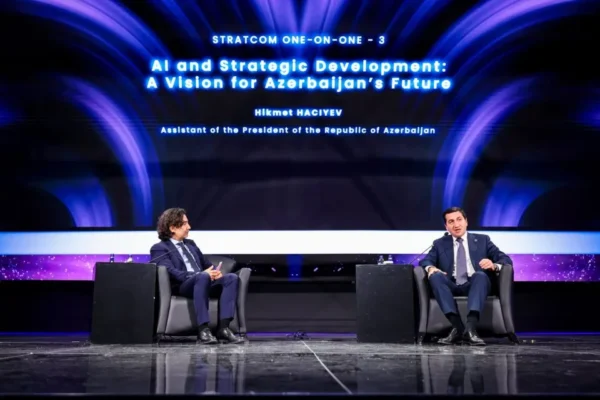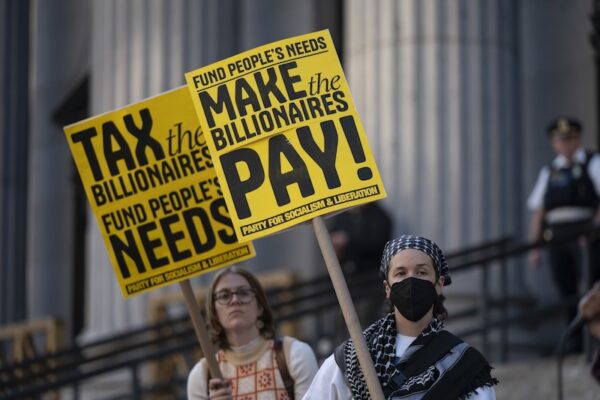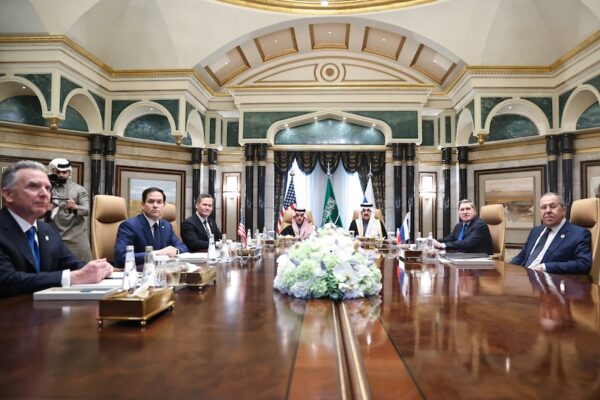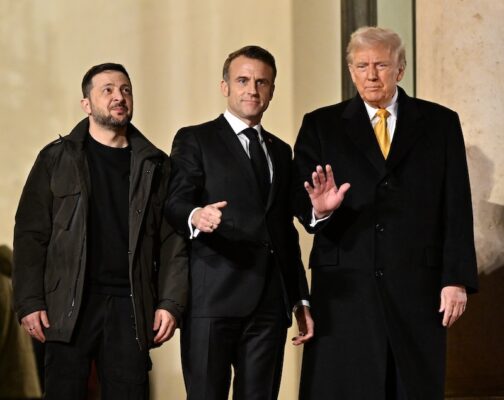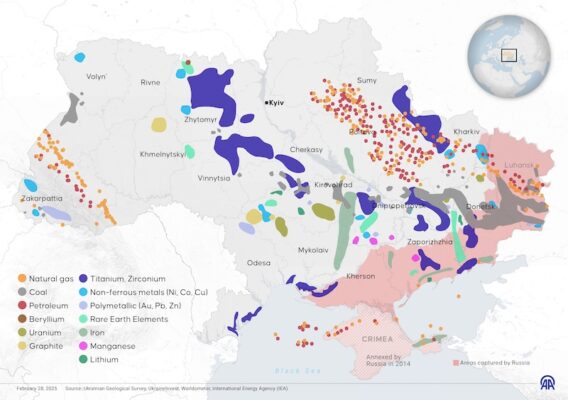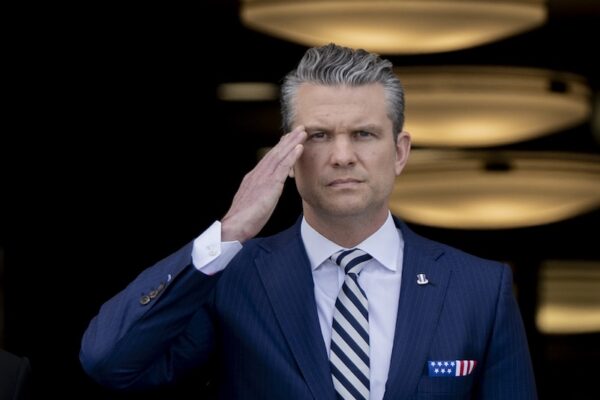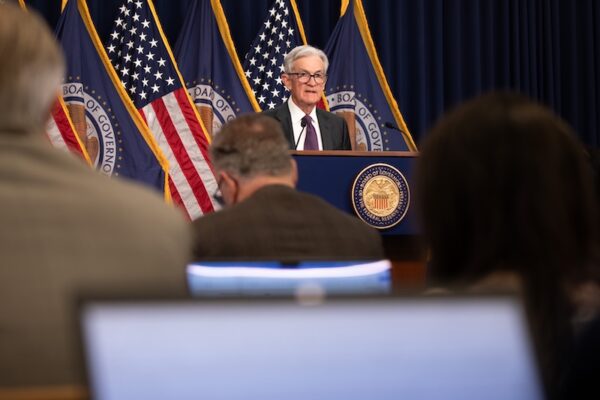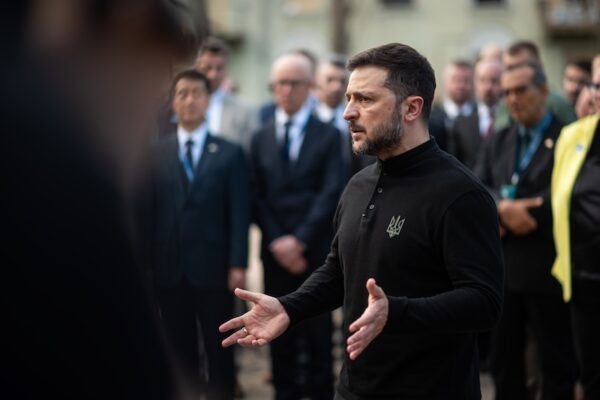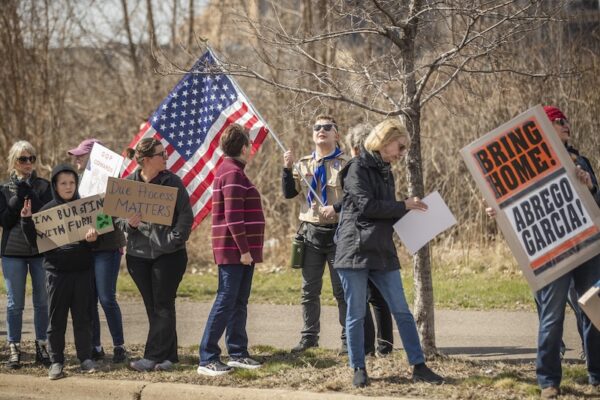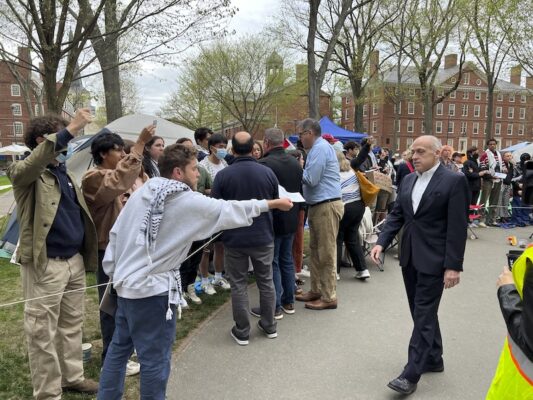Islamic Political Mobilization in Turkey
The Young Scholars on Turkey (YSOT) Program Presents
“Islamic Political Mobilization in Turkey” with Brian Mello, Ph.D. (Muhlenberg College)
Islamic political mobilization has been an important part of contemporary Turkish political development. The relationship between Islamic political mobilization and military interventions is an underappreciated phenomenon to say the least. How do military interventions shape Islamic politics in Turkey? From the perspective of Islamic political actors, what kind of political opportunities exist for them? Are they pursuing a genuine inclusion in the political system or do they pose a serious threat to it? How do Islamic political parties interpret and react to changing political opportunity structures, particularly those associated with military interventions?
Moderator: David C. Cuthell, Executive Director, Institute of Turkish Studies
Event Summary:
Brian Mello focused on the important role of the military in the Turkish political system and how military interventions have enhanced or restricted political opportunity structures for the “Islamic” parties in Turkey. Mello cited the “unusually high” election threshold (10%) to gain seats in the Turkish parliament as one of the reasons why narrowly ideological groups have a hard time gaining representation in the parliament. This is also the reason why “Islamic” parties feel obligated to move towards the “center” as political parties in general need to earn votes from different classes. Mello pointed out that AK Party received votes from working classes for its emphasis on justice and social rights, from businessmen for its economic liberalism, and liberal democrats for its democracy and human rights agenda. Mello argued that AK Party refrained from advancing particularly “religious” agenda items when the particular measure lacked popular support and political gain for the party. Mello argued that this was the balance pursued by the AK Party on religious high schools (imam hatip) and headscarf issues as well as the more recent restriction attempts on alcohol by municipal level actors. Mello argued that the religious oriented parties in Turkey have created “political opportunities” for themselves by relying on the EU accession process, popular support, and the political skill of leaders against the secular military elite.
Biography
Brian Mello is Assistant Professor of Political Science at Muhlenberg College. He earned his Ph.D. in 2006 at the University of Washington, Seattle. His areas of study include comparative politics, international relations, and the politics of social movements, with a regional specialization in the Middle East, and a particular focus on Turkey. His current research focuses on comparative labor politics, and in particular, on the political importance of the labor movement in Turkey. He conducted field research in Turkey during the spring of 2004, which included surveys and interviews of union members, and guest edited a special issue of the European Journal of Turkish Studies (October 2010) on this topic. In addition, jointly with S. Mohsin Hashim, he has an on-going research project comparing civil-military relations and their effect on Islamic politics in both Turkey and Bangladesh. At the Muhlenberg College, Dr. Mello teaches courses in comparative politics and international relations, including courses on the interdisciplinary study of peace and conflict; Middle East politics; and government and politics in Europe.






